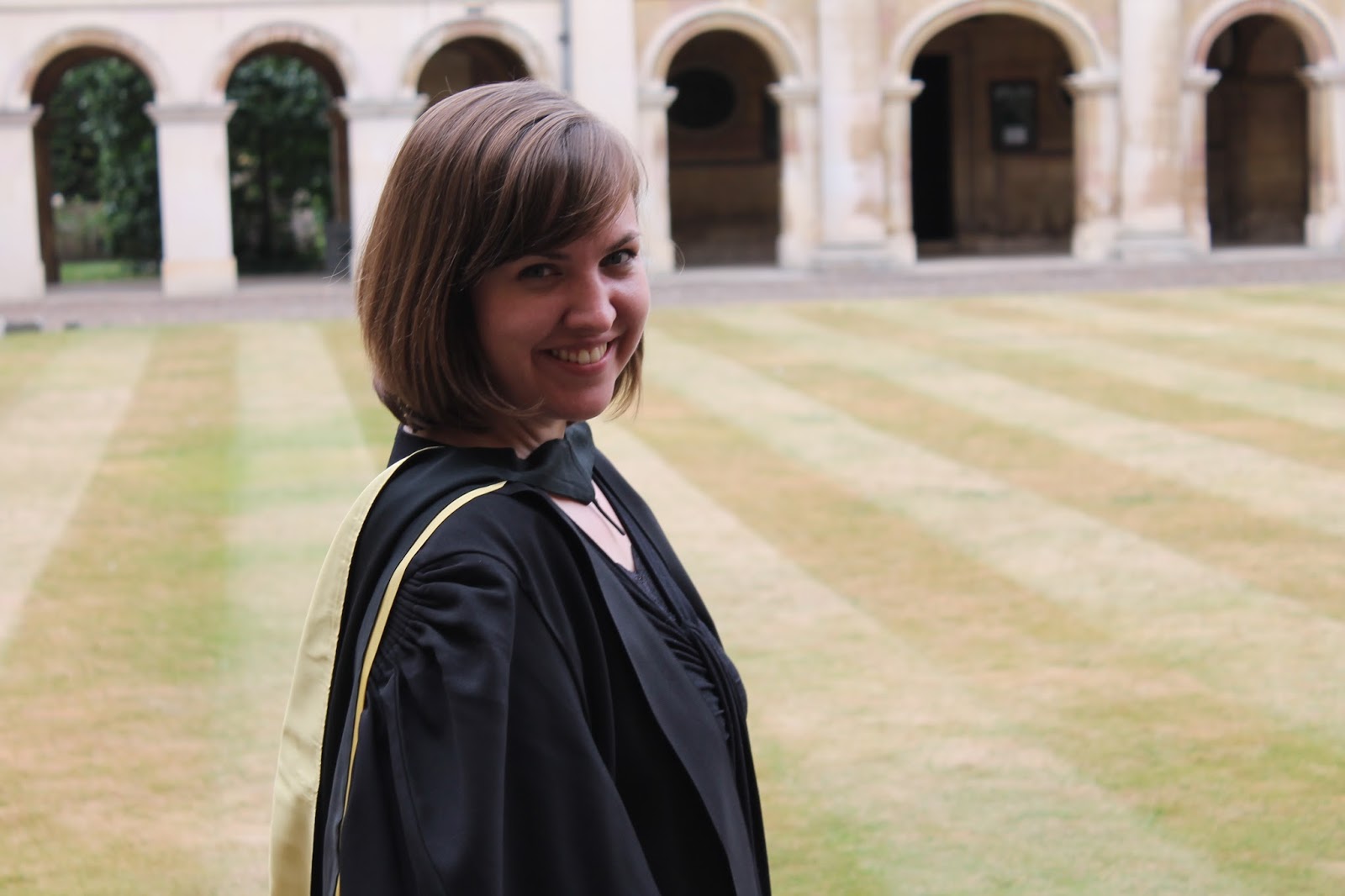Of Meaning and Defeating Probability
Transcribed notes from the lecture on Wednesday, 2 February by Chief Rabbi Lord Jonathan Sacks discussing the question "Is There a Role for Faith in Modern Britain" (the West):
In 1832, Alexis de Tocqueville visited America and was astounded at the multitudes of worshipping church-goers in such a modern, enlightened world. If de Tocqueville expected the world to progress away from what he considered an old-fashioned and untenable faith, how much more would he exclaim at the magnitude of religiosity today, nearly two hundred years later and in a world far more technologically and scientifically advanced? “More people go to a place of worship every week in America than in Iran. There are more Christians in China than members of the communist party. Our nations are desecularizing. Why?”
Nothing else answers the most basic of questions asked by mankind:
1. Why am I here?
2. Who am I?
3. How then shall I live?
"An examined life needs to find some meaning in it." Like our brains, which are divided into one scientific, mathematical half and another half dealing with relationships, emotions and meaning, our ability to make sense of life is divided too. “Science takes things apart to see how they work,” the rabbi said. “Religion puts things together to see what they mean.”
This can be explained by an illustration from sports. If an anthropologist from Mars (theoretically, of course) came to our world and approached a football stadium, he might think he was witnessing some kind of religious ritual. People would be there jumping up and down and screaming, completely invested physically and emotionally. The martian asks “What is this? What is going on?” A kindly observer sits the martian down and explains every rule of the game, precisely and with care, until the martian can repeat the rules back with exactness. The martian can now watch the game and know exactly what is happening on the field. However, he still has absolutely no idea why everyone is so excited. He knows the rules, but that doesn’t mean he knows the meaning of the game. “The meaning of the system lies outside the system,” explains Sir Sacks. “Just as the meaning of the universe lies outside the universe. When you understand this, you understand the breakthrough that was Abrahamic monotheism.”
The rabbi’s final thoughts were on faith. Gauguin, a famous painter, left his Paris position as a stockbroker and traveled to Tahiti to become a painter. When he gave up everything and left, he didn’t know if he could paint well or not. It turned out that he was a very good painter. Gauguin had faith in his gift because he made a commitment based on something he could not know in advance. Such faith always involves RISK. This commitment pushed Moses and the children of Israel into the desert to seek the promises of God in an unknown land. It pushed Noah, Abraham, Jeremiah, and Esther. It takes faith to get married; it takes faith to have a child. “Faith,” explained the rabbi, “is neither rational or irrational, but without faith, I cannot see how life is meaningful.”
“Faith is the defeator of probability by the power of possibility.”

Comments
Post a Comment